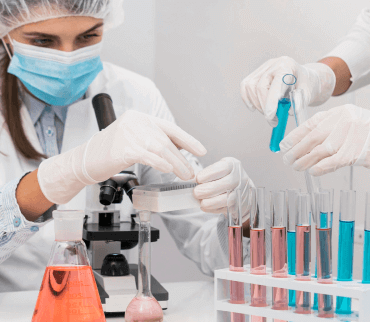Clinical pathology
Clinical pathology
slot938.comClinical pathology encompasses various laboratory functions aimed at diagnosing, treating, and preventing diseases. Clinical pathologists are healthcare professionals specially trained in this field.
Clinical pathology tests involve analyzing bodily fluids like blood, urine, and tissue to diagnose diseases. It is one of the two main branches of pathology, alongside anatomic pathology. Many pathologists practice both clinical and anatomic pathology, known as general pathology.
Stool and urine examination are essential components of clinical pathology:
- Stool Analysis: Stool analysis helps identify diseases affecting the digestive tract, liver, and pancreas. It aids in diagnosing symptoms such as prolonged diarrhea, bloody diarrhea, increased gas, nausea, vomiting, loss of appetite, bloating, abdominal pain, cramping, and fever.
- Urinalysis: A urinalysis is a diagnostic test for urine that detects and manages various disorders, including urinary tract infections, kidney disease, and diabetes. It involves examining the appearance, concentration, and content of urine. Abnormal urinalysis results may indicate conditions such as cloudy urine due to a urinary tract infection or increased protein levels suggestive of kidney disease.
At EA Labs, under the department of clinical pathology, we offer the following tests:
- Stool Routine: Examination of stool samples to assess digestive tract health.
- Stool Occult Blood: Detection of hidden blood in stool, which may indicate gastrointestinal bleeding.
- Urine Routine: Analysis of urine samples to evaluate kidney function, urinary tract health, and detect abnormalities.
Our comprehensive testing services aim to provide accurate and timely diagnostic information to assist healthcare providers in managing and treating various medical conditions effectively. We are committed to delivering high-quality clinical pathology services to support patient care and improve health outcomes.




